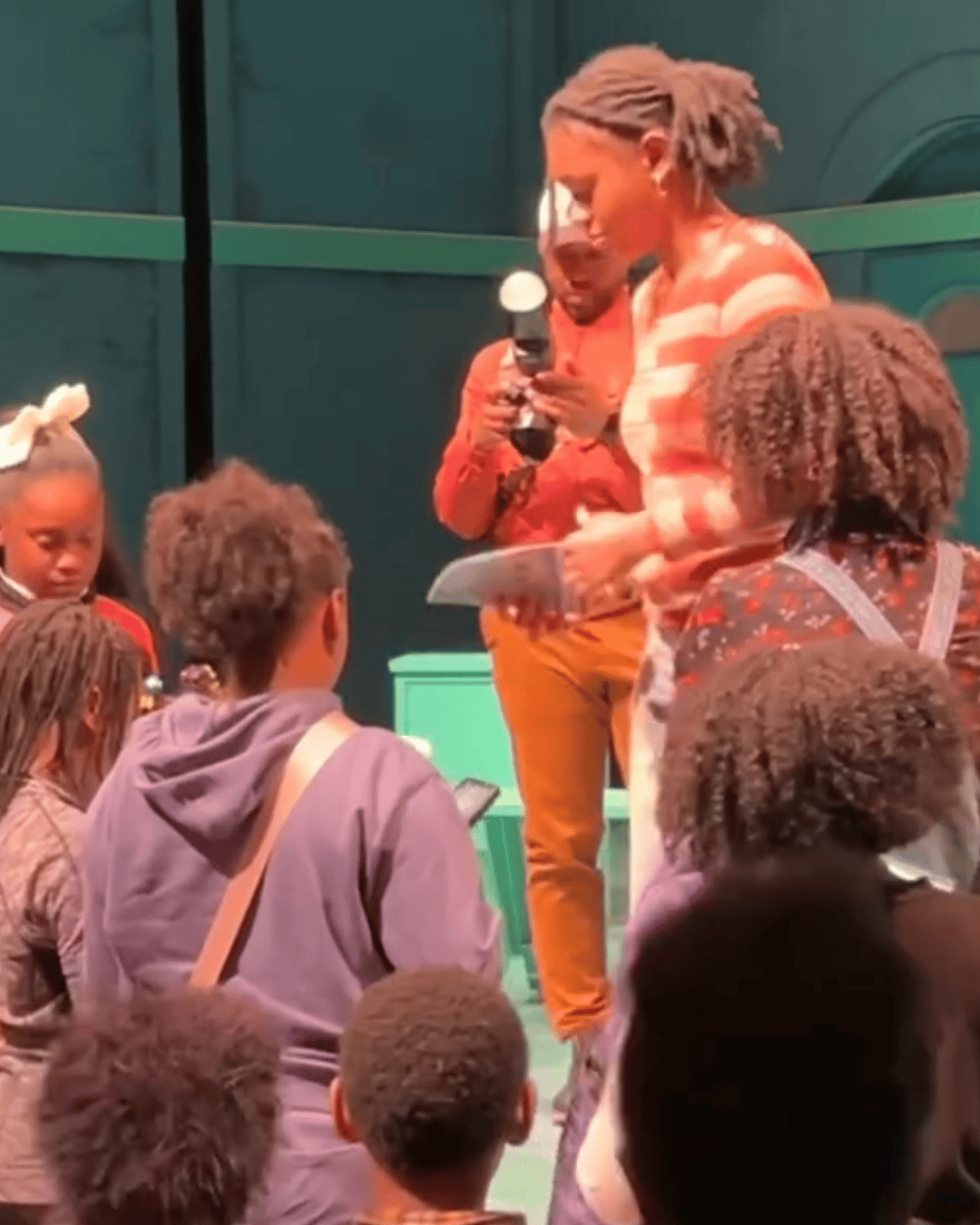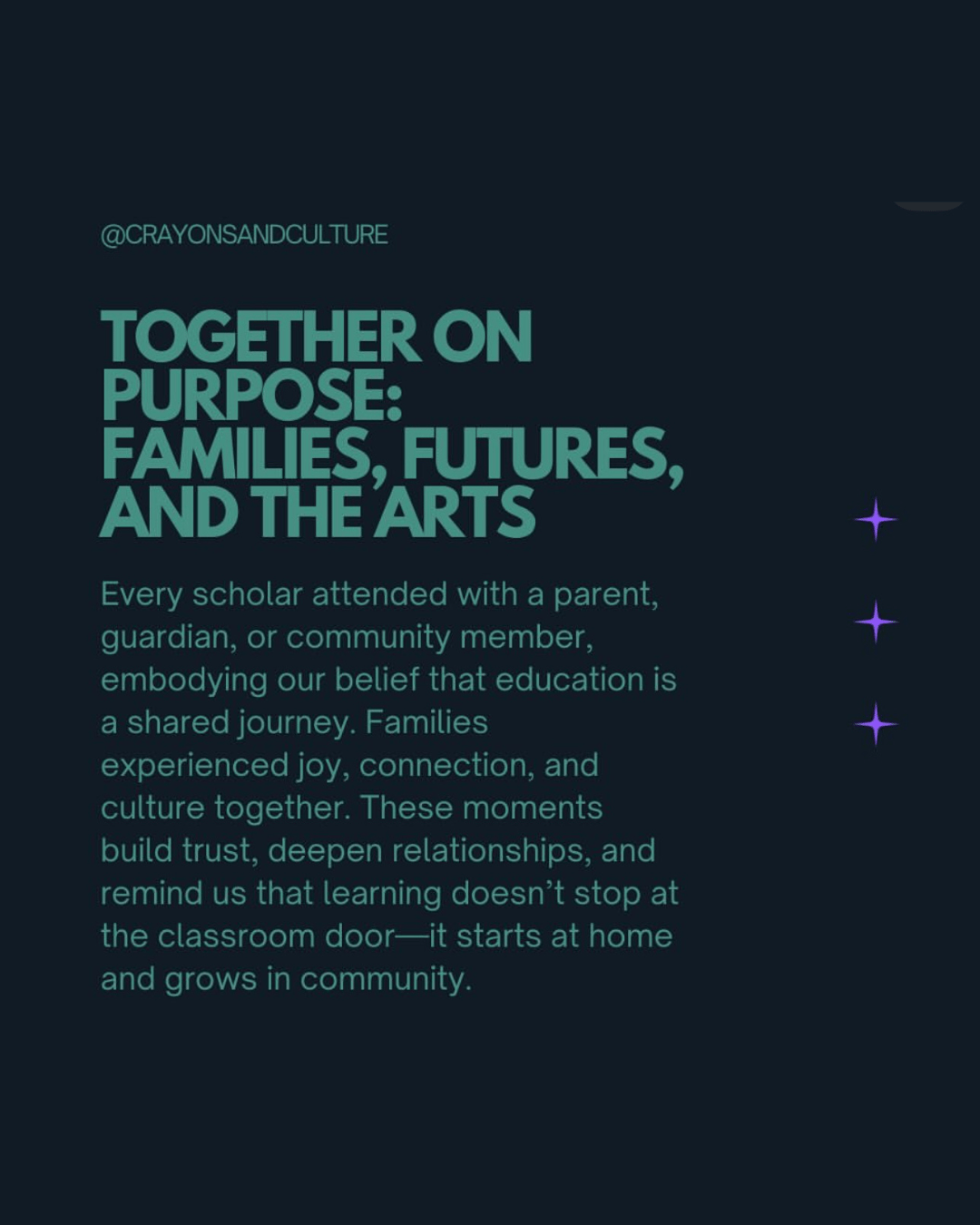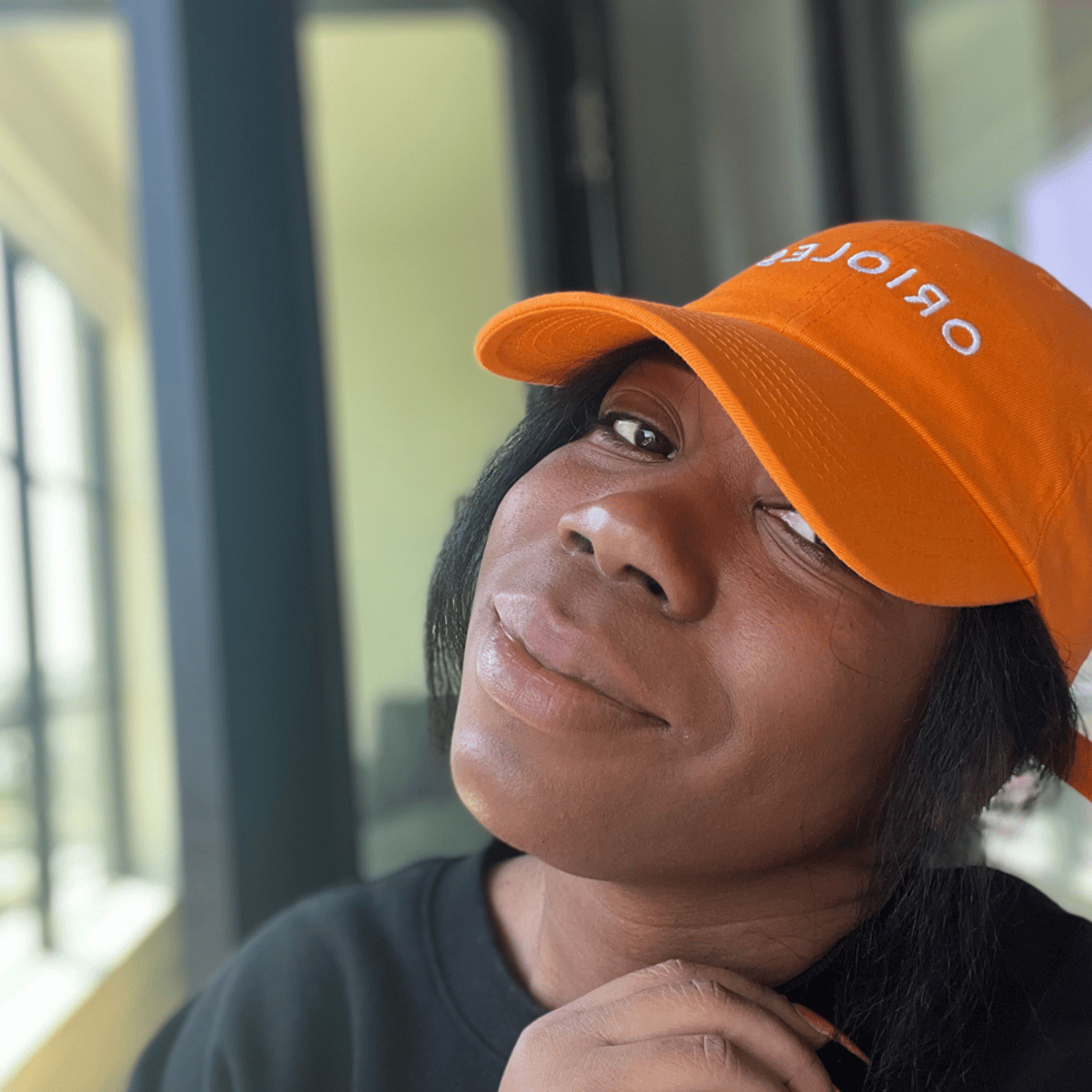Over the weekend, my kids and I did something fun together. We went to Baltimore Center Stage to see the stage adaptation of Akeelah and the Bee. The show was a collaboration with Baltimore School for the Arts, and the lead actress? She was just fifteen.
After the show, this radiant teen and clear rising Star stood center stage and answered questions from a crowd filled with kids and caregivers. My own teen daughter, loved hearing songs by Doechii, Kendrick, and Tyler the Creator folded into the story. My son walked out with a signed autograph and a new dream: “I think I want to be an actor now.”
This is the beauty of raising kids in your hometown. I got to take my children to the same theater where I saw my very first play — A Midsummer Night’s Dream. Center Stage a childhood marker, feels less like a venue and more like a bridge between who I was and who I’m raising. A way to show my kids the city not just as it is, but as it was — through my eyes, and through my roots.
The trip was organized by a Agzja Carey founder of Crayons and Culture, whose mission is “to raise a generation of liberated and socially conscious citizens who construct and experience a world that is universally free.” She believes education is a shared journey for families — not just children alone.
I Concur
Agzja created an experience where we were seen, where joy and learning weren’t separated by metal detectors or bureaucracy.
That joy — that care — is still sitting with me.

So when Monday came, I was feeling good.
The world felt a little softer. My son walked to school like he always does — two blocks, in the spring light, with other neighborhood kids. He was late for breakfast but on time for class.
At 10:30 AM, I got a call
Your son isn’t here today
My body froze. Everything in me went to worst-case-scenario mode. Did he get hit by a car? Taken? Was he alone and scared?
I told the staff to check again — visually. Walk down to his class. Look with your eyes.
They did.
And there he was.
Exactly where he was supposed to be.
But instead of a shared moment of relief I was met with deflection:
“ Maybe he was in the wrong place when attendance was taken”
Later it was confirmed: the teacher had made an error. A small human mistake. But instead of owning it with accountability and care, the error was redirected — subtly blamed on an 8-year-old, then padded by looks of annoyance. How dare I the Mother demand anything, let alone an apology?
Civics Note:
Public schools are civic institutions. When harm or error occurs, how they respond teaches our children how government systems value — or devalue — their presence. Apology, repair, and transparency aren’t extras. They are civic baselines.
This is the part that stings. Not the mistake — mistakes happen. What hurts is being treated like my son’s safety is a footnote. What hurts is being made to feel like I am the problem for expecting diligence beyond a mark on paper. What hurts is the quiet gaslighting that tells me I’m too sensitive, that I’m always trying to “right fight.”
I don’t ask for these moments.
But when they come, I don’t look away.
Because I care. That’s why I do the work I do. That’s why I believe civic culture matters.
Because real care is a public act.
Civics Note:
Too often, Black children must be “diagnosed” to get the same attention other children receive without question. Families are told to apply for IEPs, change schools, or just “be grateful.” But when fairness is treated as exceptional, the bar is already too low.
People love to say “just put him in a different school.”
Or “he’ll get more support if he’s officially diagnosed.”
But here’s my truth: my son shouldn’t need a diagnosis to receive fairness.
He shouldn’t need to be exceptional to be believed.
And I shouldn’t need to carry the full weight of vigilance every single morning.
That’s why the experience at Center Stage meant so much. Akeelah and the Bee wasn’t just a play. It was a vision of what’s possible when Black families are invited into joyful, liberatory learning spaces — without suspicion, without stigma, without needing to prove our worth.
Organizations like Crayons and Culture do more than organize outings.
They give us something our systems too often withhold: care without condition.

✨ The Challenge
What if schools welcomed families with the spirit of Center Stage?
What if accountability didn’t require begging?
What if educational dignity didn’t depend on diagnosis?
What if joy — not survival — was the baseline?
